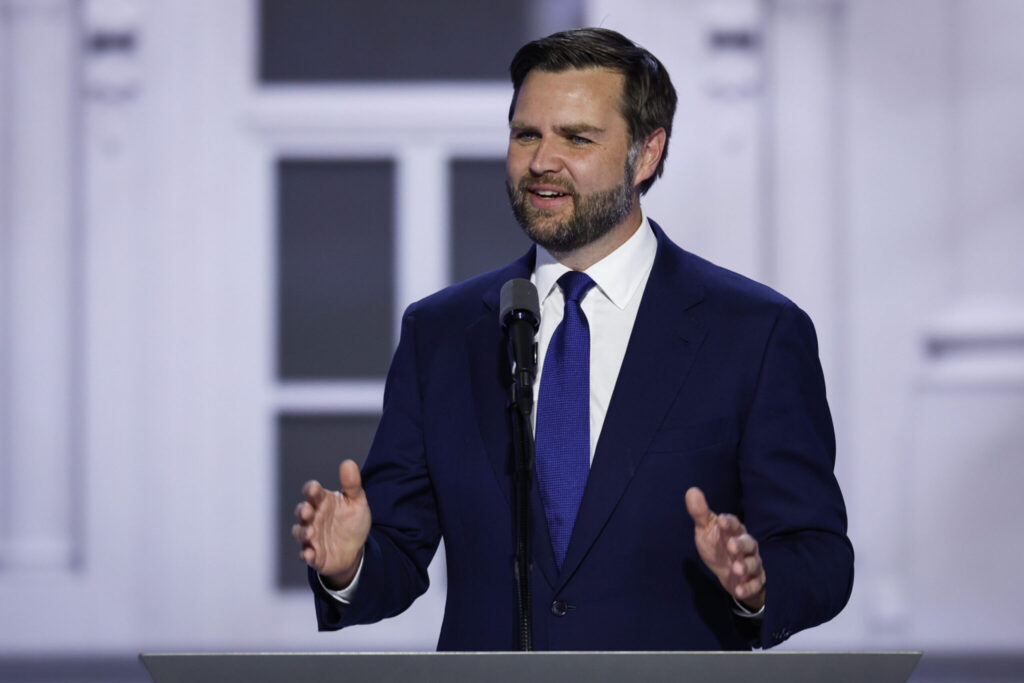
The Munich Security Conference (MSC) 2025 was expected to focus on two critical issues: how to end the war in Ukraine without yielding to Russia, and how Europe must increase defense spending to bolster its security.
However, US Vice President JD Vance took the stage on Friday and delivered an unexpected, scathing critique of Washington’s European allies, including the United Kingdom. Instead of addressing Ukraine, he denounced misinformation, disinformation, and restrictions on free speech, attacking European governments for ignoring voter concerns on migration and freedom of expression.
His 20-minute speech was met with silence from delegates, signaling disapproval and unease in the audience. Even an attempt at humor—suggesting that if American democracy could survive a decade of criticism from climate activist Greta Thunberg, then Europe could endure a few months of Elon Musk’s influence—failed to draw a laugh.
Vance’s Speech Sparks Backlash
The speech, described by some as extraordinarily misjudged, received a negative reception from European leaders and attendees.
A US commentator at the event remarked:
“That was all for US domestic consumption.”
Despite the controversy, Vance later met with Ukrainian President Volodymyr Zelensky, who maintained a diplomatic tone, emphasizing that it was their “first meeting, not the last” and expressing optimism about future discussions.
“We want peace very much, but we need real security guarantees,” Zelensky stated.
Trump’s Position on Ukraine Raises European Concerns
The Munich conference follows a series of geopolitical shifts driven by US President Donald Trump’s foreign policy approach.
- Days before the summit, Trump’s administration signaled a shift in US policy, with Defense Secretary Pete Hegseth stating that restoring Ukraine’s pre-2014 borders was “not realistic”—a statement that severely weakened Ukraine’s negotiating position.
- Trump’s government also dashed Kyiv’s NATO hopes, ruling out US troop involvement in Ukraine’s defense.
- The most shocking move came when Trump held a 90-minute phone call with Russian President Vladimir Putin, effectively ending the three-year diplomatic freeze imposed after Russia’s 2022 invasion of Ukraine.
European leaders are increasingly worried that Trump’s rush to secure a peace deal could lead to a scenario where Putin emerges stronger, emboldened to seize more territory in Eastern Europe.
What’s Next for the War in Ukraine?
With European delegates set to engage in high-profile debates on Ukraine this Saturday, the focus will be on:
- How to maintain support for Ukraine despite shifting US foreign policy.
- The risk of Russia gaining the upper hand if negotiations are dictated by Trump and Putin.
- The need for Europe to boost its defense spending and prepare for a potential reduction in US military support.
Conclusion
As the Munich Security Conference continues, Europe faces a moment of reckoning—how to respond to a shifting US foreign policy and a resurgent Russia. Meanwhile, JD Vance’s speech has only added to the growing transatlantic tensions, raising questions about the future of US-European relations in the evolving global security landscape.
